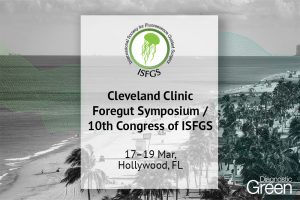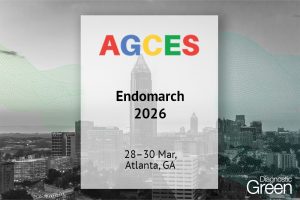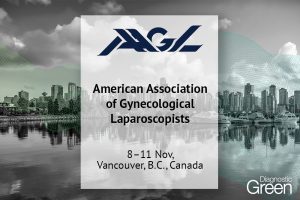Radical re-resection has been demonstrated beneficial in incidental gallbladder cancer (iGBC) stages ≥ pT1b. Anatomical resection (AR) of segments IVb-V is recommended, particularly for iGBC and liver-sided tumors. Laparoscopically, this is a challenging procedure, as well as the regional lymphadenectomy, since inflammation from previous surgery can hinder identification of extrahepatic bile ducts. This difficult minimally invasive procedure, facilitated with indocyanine green (ICG) fluorescence enhancement is herein didactically demonstrated.
Methods: A 73 y. o. female patient underwent laparoscopic cholecystectomy for cholelithiasis. An iGBC -pT2b with positive cystic node-was found. Completion radical surgery was decided. Before surgery, 1.5mg of ICG was intravenously administered. A regional lymphadenectomy (stations 5-8-9-12-13) was safely performed: ICG allowed for bile duct visualization despite scarring from previous procedure. AR (IVb-V) was performed based on a glissonian-pedicle approach. After completing the procedure, a new dose of ICG was administered to discard ischemic areas in the remnant.
Results: Total operative time was 359 min. Intermittent Pringle maneuver resulted in <50 ml bleeding. Hospital stay was 3 days. Pathological examination revealed no residual tumor in the liver bed. Ten lymph nodes were resected; 3 of them (2 retroportal and 1 common hepatic artery) showing tumoral invasion. After surgery, 6 cycles of adjuvant chemotherapy (Gemcitabine-Oxaliplatin) was administered.
Conclusions: Laparoscopic radical surgery (AR of segments IVb-V plus regional lymphadenectomy) for iGBC is feasible and safe [4]. ICG fluorescence can be of help to identify hilar structures and rule out areas of ischemia.




